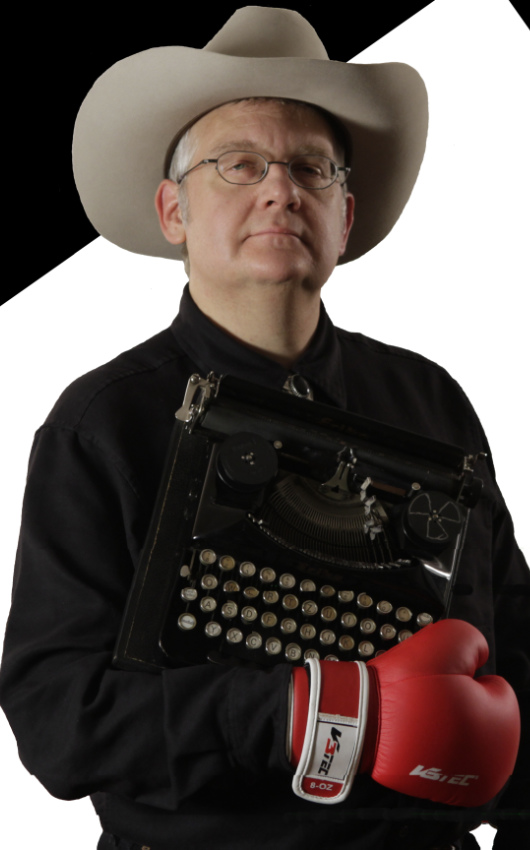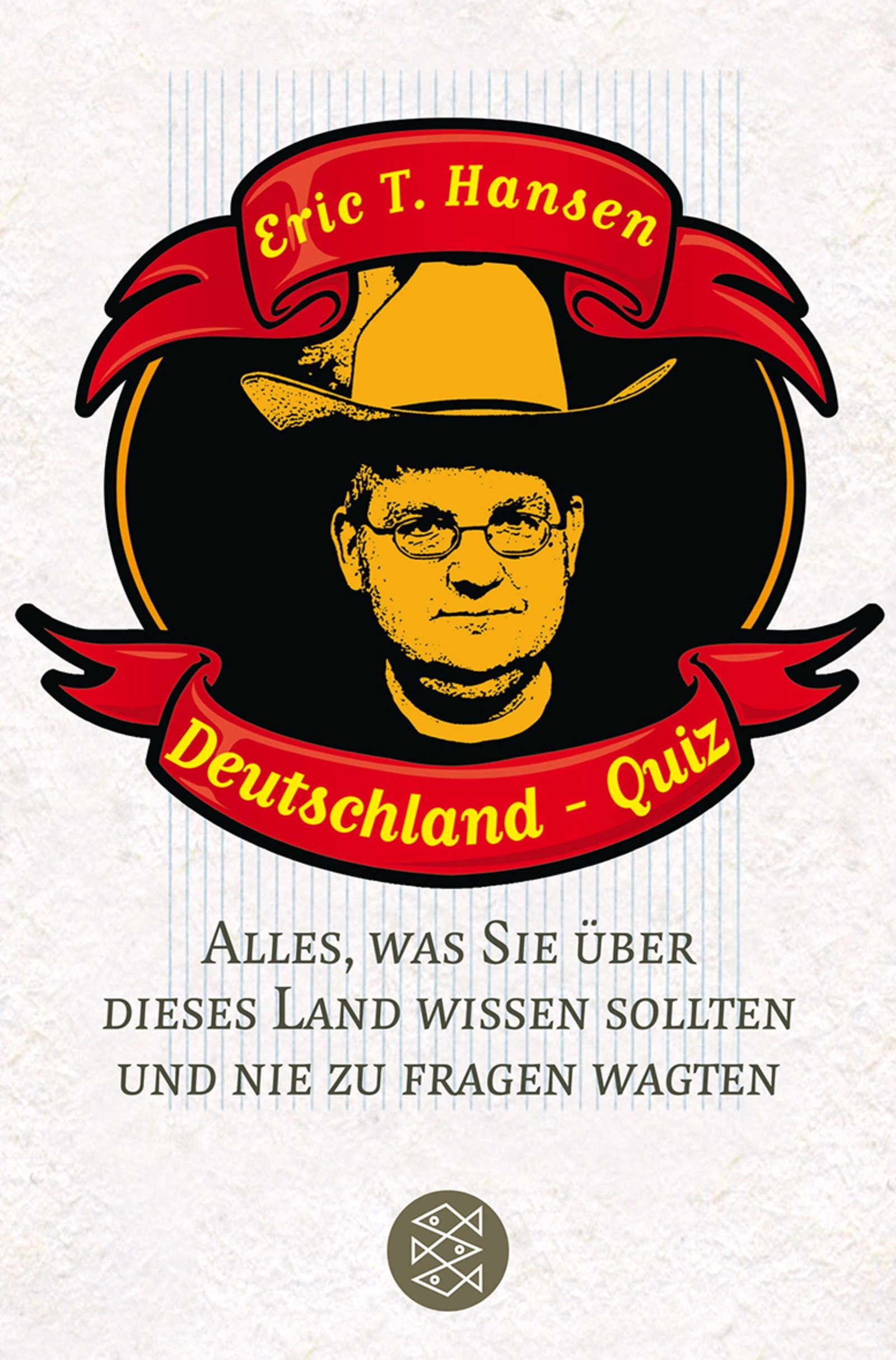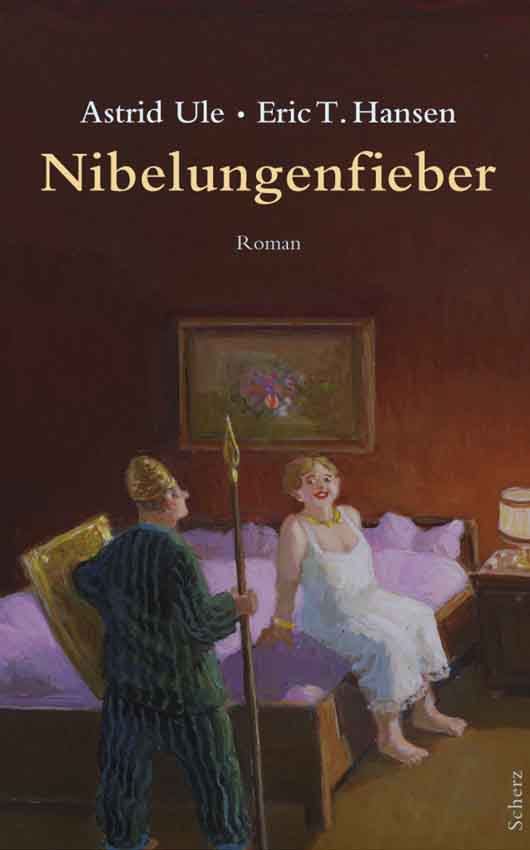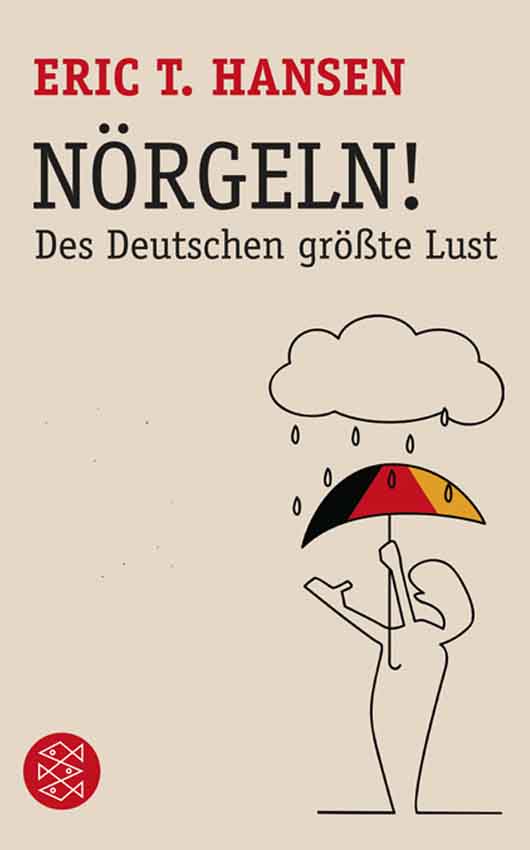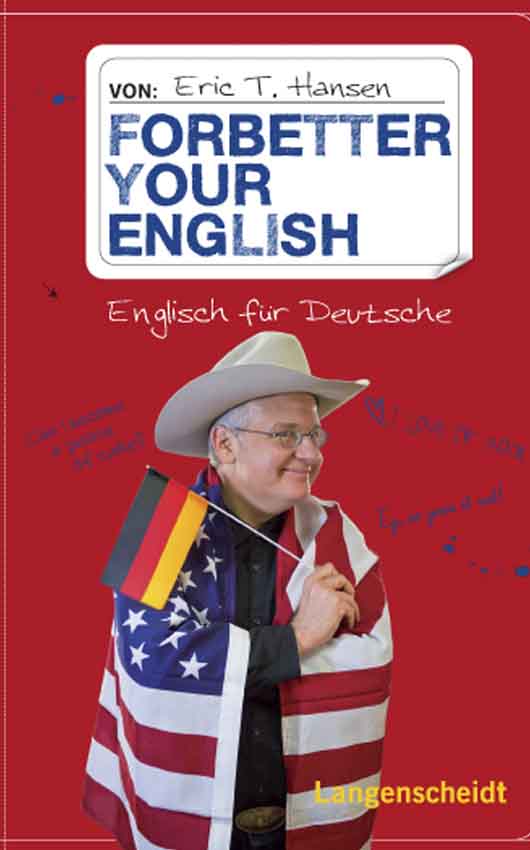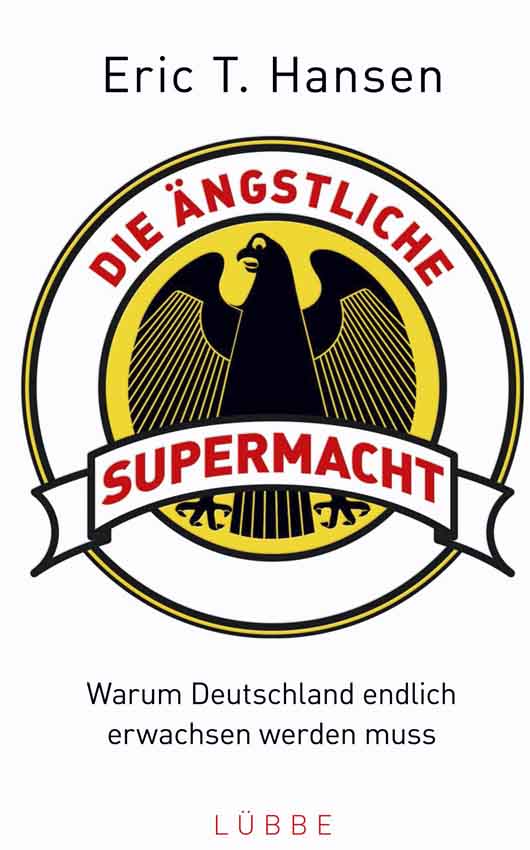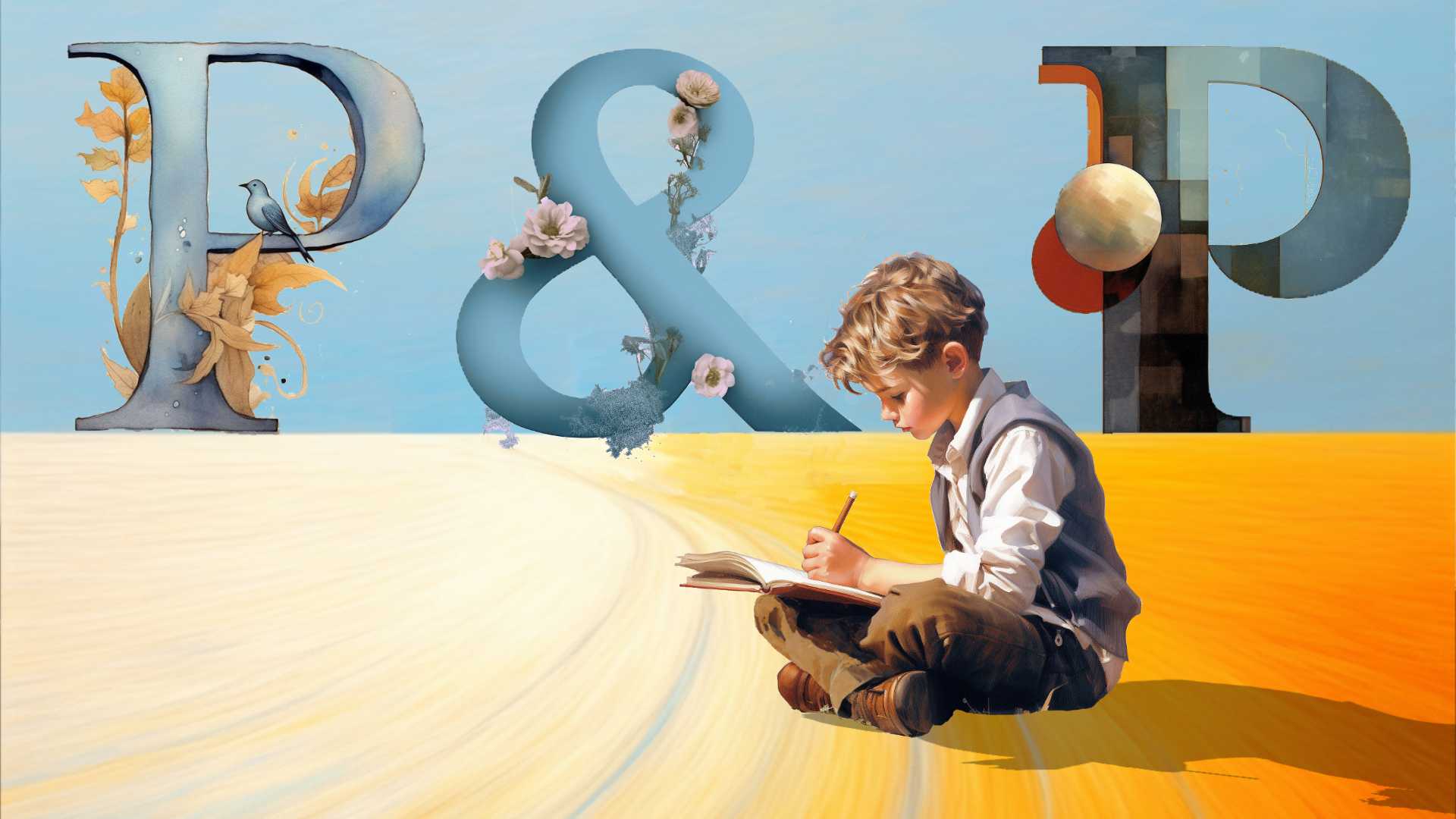My German Books
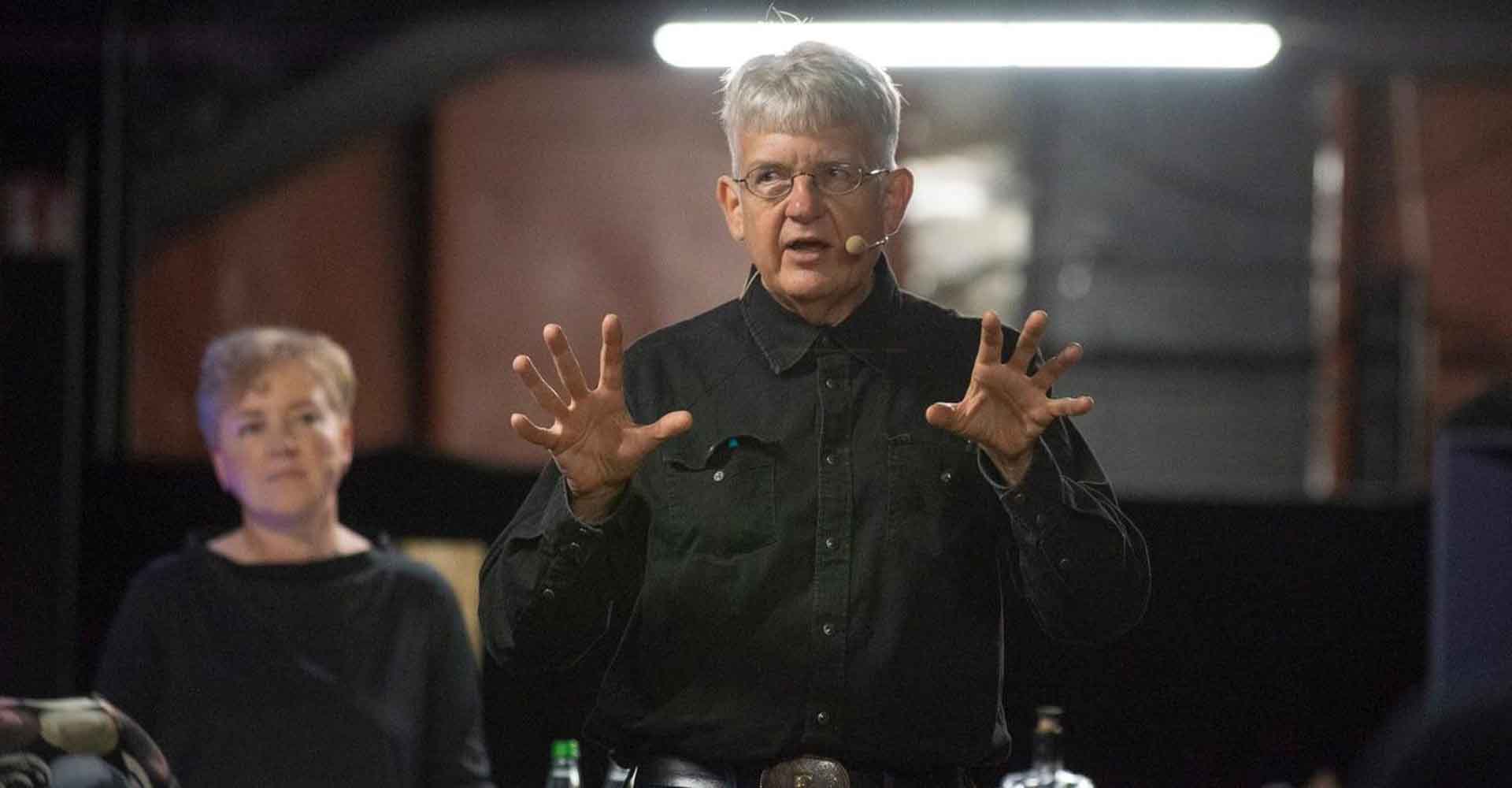
The word verzetteln means to write so many todo-notes that you get lost in the jungle of what you’re supposed to be doing.
Liebe means Big Love, but lieb mean Little Love.
Flucht nach vorn means to run away from the enemy in the opposite direction of running away – toward the enemy.
Studying in Munich, I fell in love not only with medieval German literature, but with the German language. It’s not as rich in sounds and synonyms as English, but its vocabulary is full of brutal imagery and subtle paradox.
How does an American go from Hawaii to writing books in German?
And when I began writing, it, I realized that I naturally wrote differently – in German, you turn a phrase, you construct a sentence differently, and I loved it like slipping on a mustache and pulling the hoodie down low over your face and mingling among strangers.
I began writing in English – journalism for now defunct “The European,” then “Variety,” “The Hollywood Reporter” and others – then I started contributing to German newspapers, from the “Süddeutsche Zeitung” to “Die Zeit,” and then it was only a small step to start writing entire books in German.
The Berlin Noir Thrillers
The Emma Carow Trilogy
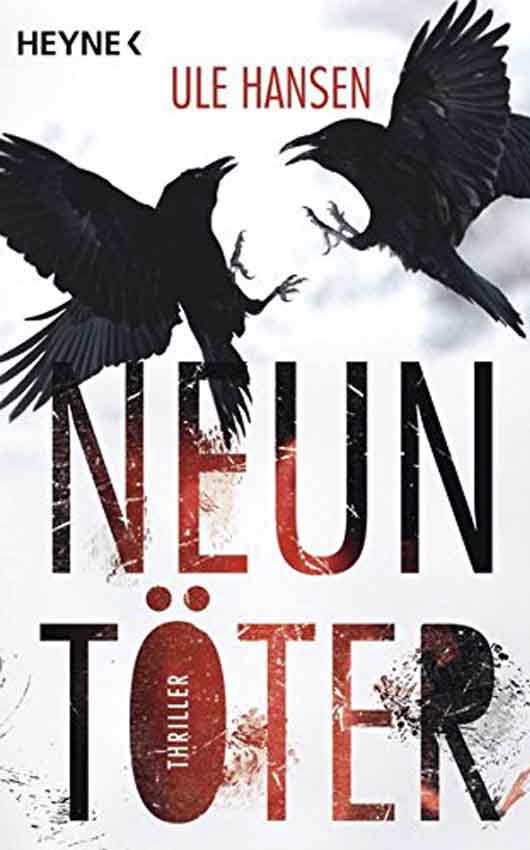
City of Lost Women
Emma Carow is trapped.
She doesn’t belong here, in this city. She wants to leave, she has to leave – but she can’t.
Seven years ago Uwe Marquardt tied her to a bed and tortured her for three days. Now he is out of jail – he has paid his price to society and is once more a normal member of society. Not only that – in prison he changed. He saw the error of his ways and even wrote a book about his human metamorphosis – a book that has since made him a celebrity.
Only Emma is still suffering – only she is still in the prison of his making, and she only knows two ways to escape and go on to lead a normal life:
Either she must forgive him, or kill him.
But Uwe Marquardt is not done with her.
Over course of the three books, while Emma works her cases, he gets ever closer, praising her on TV, finding ways to make contact, forcing the police to let him help her in her investigation, even professing his love for her.
Se has to decide, and if she can’t there is a third option: Putting an end to the torment by putting an end to herself.
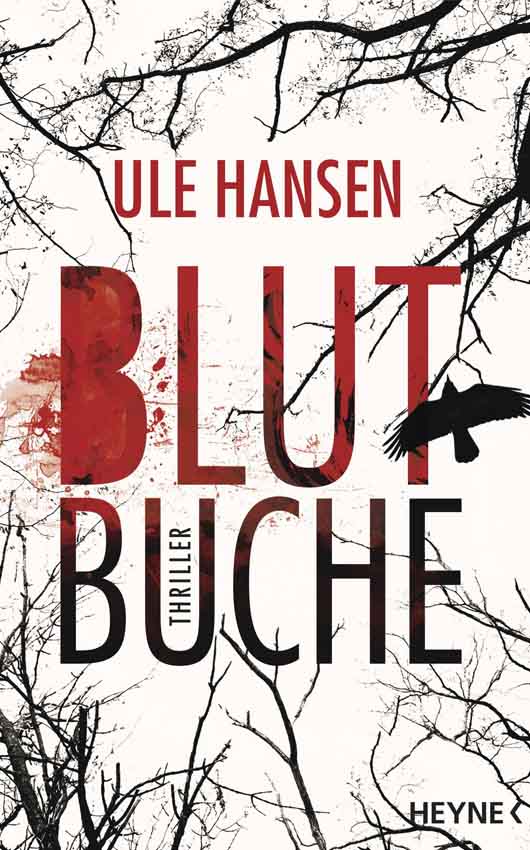
City of Torn Women
High inside an eight-story scaffolding overlooking Berlin hang three bodies wrapped cocoon-like in duct tape and rotting away, until one day by chance they are discovered.
The case is impossible to solve – the evidence contradicts itself and leads nowhere. The police turn to the analysis department and its most brilliant profiler, Emma Carow. For some reason, she seems to understand how a killer thinks.
The conclusions she comes to will turn the entire investigation around completely, and will send officers frantically searching the ruins of Berlin for more hidden cocooned bodies.
About a year later, a passerby in a small town in Poland discovers a woman’s head in a brown paper sack under a bench. It won’t be the last head the Polish police find. But while the parts are found in Poland, the bodies were murdered in – or near – Berlin.
Emma Carow follows the profiles through the sex clubs of Berlin and into the hallowed faculty offices of universities, until she discovers why a or some murderers it is not enough it simply kill.
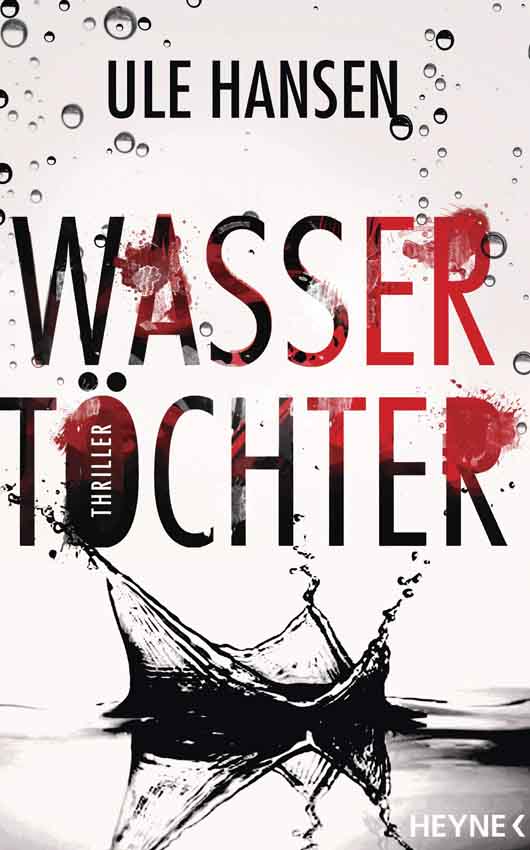
City of Sunken Women
All this time, Emma looks again and again for ways to kill or leave Uwe Marquardt. Her search leads her into places in the city no one has gone for decades, and she uncovers crimes that no one thought were crimes.
She cannot believe that a psychopath like Uwe Marquardt has stopped raping women, or worse. It’s just a matter of finding out how he does it.
Perhaps she is going about it wrong. Maybe she she stop looking for clues and begin looking in places where there are no clues at all. In Berlin, no one, nothing and no place is wholly innocent – if it appears innocent, it can only be very good at hiding something.
Just as the crimes in Book 1 led her to the ruins of Berlin and Book 2 took her to the outskirts and outsiders of the city, her search for vanished women leads her in Book 3 to the secret places of Berlin no one ever sees, because they are underwater.
There, finally, she discovers Uwe Marquardt’s secrets – and finally the opportunity occurs she has been waiting for – the chance she joined the police for – se gets Uwe Marquardt in a situation where she can pull the trigger and get away with it.
But can she?
Until that moment of truth, she cannot know for sure what she will do – she only knows if she hesitates, Uwe Marquardt will act first.
Who is Emma Carow? (German)
Who is Ule Hansen?
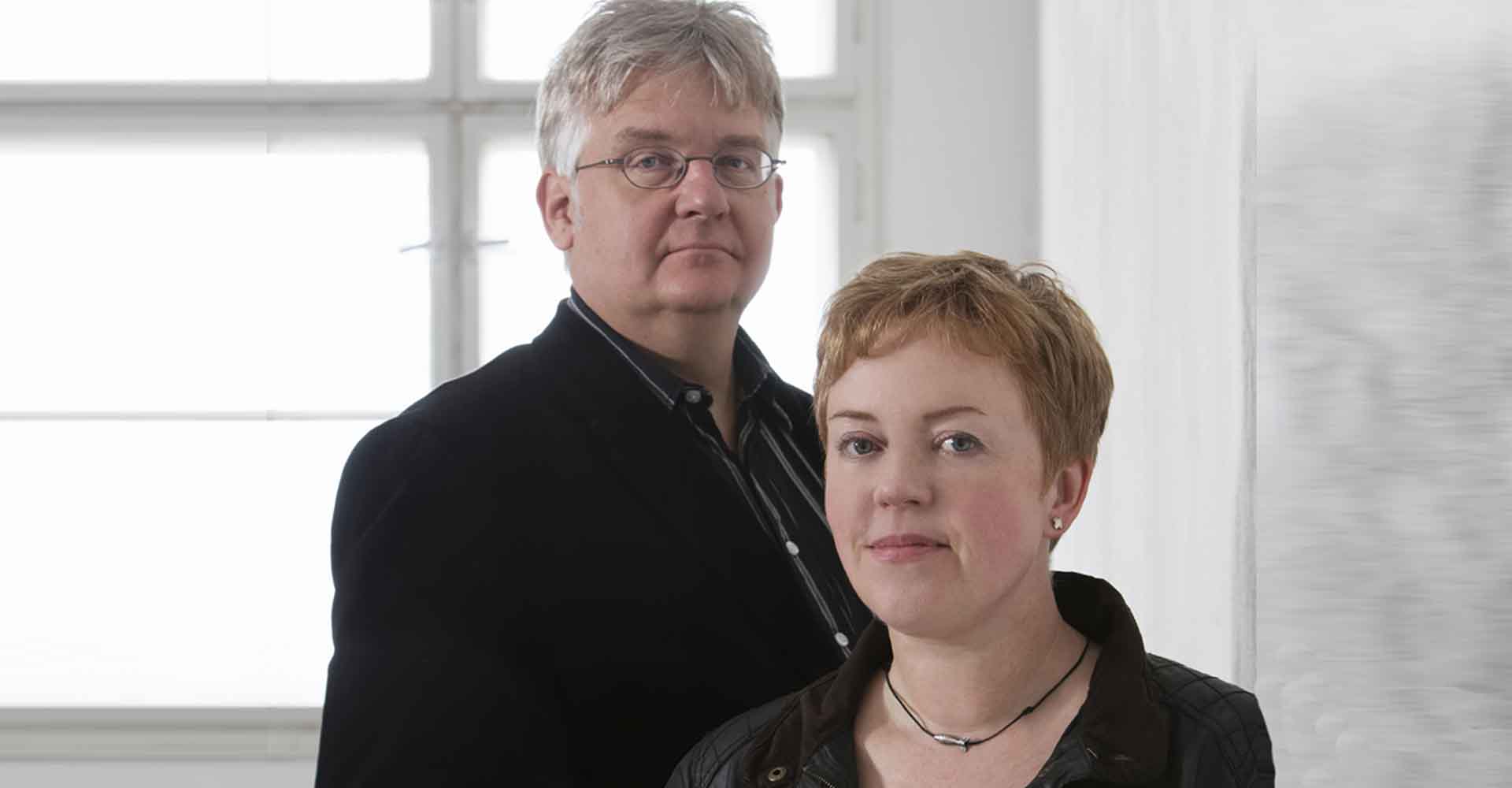
We met late one night in the famous/infamous Zoulou Bar in Berlin – immediately they knew they wanted to write together.
Eric was an American from Hawaii and wrote journalism for German and American newspapers;
Astrid was a German TV writer from Mainz who had made the mistake of writing too well about a certain politician for a satire show. She was drinking a farewell drink with her editor, who was also out of a job, and he was looking for something to do on Halloween, which was coming up.
As luck would have it, she knew a Halloween party that coming weekend.
From the beginning their love affair had was closely intertwined with storytelling:
They began writing scripts for TV, then write popular non-fiction together under Eric’s name (as the American), as well as a novel under both names, then went on to write the Emma Carow thrillers under the name Ule Hansen.
The Thrillers, by the way, weren’t planned:
Emma Carow started out as a single’s comedy, but somehow she go the job as profiler, and as her job gat darker and darker, we realized this was no longer funny.
We had always wondered if we could write crime fiction, and had often given it a try, but we could never come up with a good story. But this time it was different:
We found Emma first, and she brought the stories along with her.
I first met death in a little German town called Krefeld
Losing My Religion
American in Germany
Telling the Germans About the Germans
Nobody knows who they are.
We have so many pre-conceptions about ourselves that we never question, that we all need someone to come along and tell us how we come across from the outside.
Sometimes, hearing how different others see us from how we see ourselves can be quite a shock.
Starting with my first book, I made a career telling Germans that they are much different than they think.
And I surprised myself – I had always assumed everyone else, at least in the Western World, is more or less like Americans – but they are not.
Germans, for example, have completely different relationship to their state:
While Americans are constantly trying to keep the state out of their personal business, Germans want the state to take over more responsibility in their lives.
While Americans vehemently criticize their own society, the Germans are happy to criticize other cultures and assume that their own is more or less okay.
Writing and researching (extensively) these books, I learned something else: It’s not the Germans who are different: It’s the Americans,
Through ort history of rebellion, early democracy and striving for meritocracy, we have changed radically, while in many ways most Europeans are still like the were in feudalistic times.
It wasn’t always funny.
I often got comments, e-mails and phone calls with the basic message, “Ami go home.”
But what surprised me was how many Germans embraced my observations with a wink and a sense of humor.
Driving through the dark ages
Ever since I was a kid I dreamed of seeing the Middle Ages.
So one day I packed up my things, got in a VW van and spent a year following in the footsteps of 9 medieval heroes – a pirate, a poet, a king, a nun, a princess, and more – and reconstructing their lives.
Sometimes you need someone to tell you who you are
One day a guy wrote a book about “How We Germans Became American.”
You know the theory – America has corrupted the rest of the world with jeans and rock and roll, etc. I realized – not only did this guy not understand America, he didn’t understand Germany.
So I set the record straight.
Everything you never wanted to know about Germany
Are there world-class celebrities who come from Germany?
What countries think Germans are funny?
Are gummy bears kosher?
What are Germans called “Krauts”?
Can’t answer these questions? Neither can the Germans.
The little town that roared
When the Berlin Wall came down, Germany officially became the most powerful country in Europe.
Around that time, a tiny town in the backwoods of Germany discovered gold and officially became the most powerful town in the woods. It doesn’t go well.
Our only satirical novel – written with Astrid Ule.
The fine art of bellyaching
The Germans like to complain. They do it well, they do it constantly, and they know it. For them, it is a matter of pride, of identity, even a fine art. Even they will tell you that.
This is everything you need to know about the fine art of complaining, bellyaching, griping, whining, whinging, nagging and more (believe me, the list of synonyms in German is much longer).
How not to speak English
Germany is one of the most international countries in the world – every German is expected to speak English and speak it perfectly.
It should come as no surprise then that English is a source of constant stress and worry for them. The first thing a German says when he opens his mouth is, “I’m so sorry, please forgive my terrible English.”
So I wrote this book to tell them the main mistakes they make, but also to reassure them that they’re much better than any American trying to speak German.
Everything you never wanted to know about America
After writing a number of books telling Germans who they are, it came as no surprise when Germans started asking me, “Why don’t you do the same thing with your country?”
So I did.
In “Planet America” I take everything Americans (and Germans) think about America, from how their country works to issues like slavery and racism, Indians and Puritans, and I asked myself if it’s really true.
Mostly, it isn’t.
The superpower that didn’t know it was a superpower
After World War II, the Germans decided it was a good idea to leave politics to others and concentrate on making money. But today the are the most powerful country in and de facto leader of Europe – which in turn is as big as the US in terms of GNP.
That implies a certain responsibility.
This book is a serious and provocative look at what that responsibility entails and why Germans are so afraid of it.
I first met death in a little German town called Krefeld
Losing My Religion
What you will find at Substack and Patreon
You will find our Substack newsletter valuable if you are:
– searching for purpose and meaning, or want to become a person capable of achieving something in life; or
– if you write or want to enhance your creativity and understanding of life through writing.
In our free section,
you will find the lessons and insights I have learned in my life and am still learning today:
– from 60 years of life as an outsider in two cultures and on two continents – as a haole in Hawaii and an Ami in Germany;
– from my quest to find purpose, meaning as spirituality, and the truth about the confused world we live in;
– from my fight with depression and life with ADHD;
– from my study of the great books and poetry of the great thinkers in history.
Our exclusive section
is for writers and those learning to write – in it, you will find:
– practical lessons on the craft of storytelling;
– tips on how to enhance your creativity and find meaning and purpose in life through writing;
– my experiences in the world of professional writing, but also as one who explores life through writing.
This exclusive content, "Writing is a Sacred Act," is available to both my Substack subscribers and my supporters on Patreon.
If you are someone who consciously thinks about their lives and the world they live in;
if you are driven by a desire to create or achieve;
if you write or are learning to write,
you will love this newsletter.
Subscribe now!

